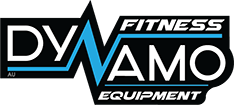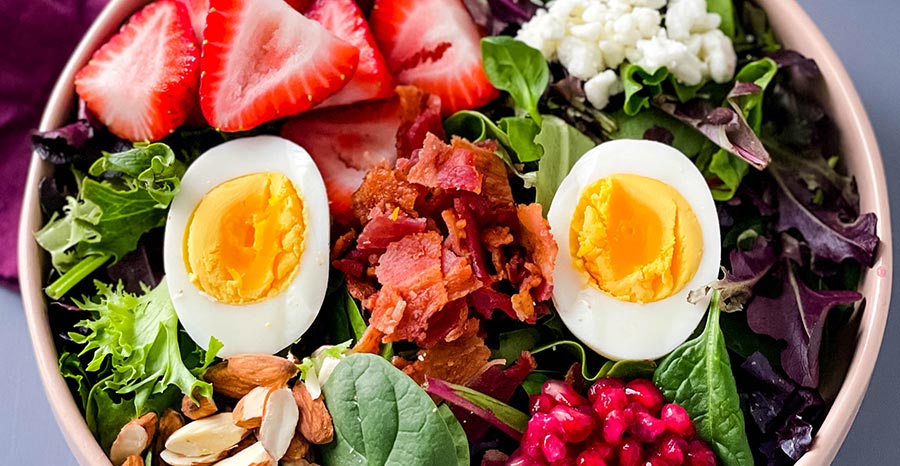
What I Eat for Breakfast
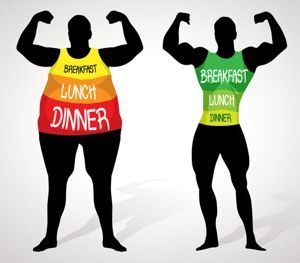
I’ve already covered my diet in general in a previous article, Why Does Our Body Store Fat?, but this post is specifically about the most important meal of the day – breakfast! You may have seen some version of the infographic at the left before, and it’s very true. Breakfast should be the biggest meal of the day. Then, throughout the day, the size of our meals should decrease.
It’s a well established fact that eating smaller portions throughout the day makes it much easier to control our weight and achieve the body we want.
Going to bed hungry was a punishment when we were kids (not that any of our parents actually did that) but as adults, going to bed at least a little hungry is actually good for us. We’re about to go to sleep and our metabolic rate is going to drop dramatically. We don’t need food while we’re sleeping. In fact, excess food consumed in the last few hours before sleep will be stored as fat. Our body doesn’t need it, so it has to store it. I make a point of regulating my caloric intake throughout the day so that I go to bed hungry every night. I’m not saying you need to do this, but it is a very effective method of controlling what our body does with the calories we take in.
Breakfast – Still the Most Important Meal of the Day
By morning, I’m definitely ready for a good breakfast. Years ago, there was an ad on television for the U.S. Army (I’m Canadian, not American, but we got their TV channels even in the old days of syndicated cable) that showed all these young fit guys running with full packs, shooting, exercising, clambering over obstacle courses, etc. Then it cut to them having breakfast. The tag line was “In the army, we do more before breakfast than most people do all day”.
OK, it was American flag waving, and we Canadians roll our eyes over that as much as, well, everyone who isn’t American, but the ad had a good point. Activity before breakfast causes a calorie deficit and primes our body to make the most effective use of the calories we consume immediately after that activity. There’s no way of knowing at this point how accurate that commercial was, but if they actually did things that way, they were setting their soldiers up for gaining muscle, losing fat, and having higher energy levels throughout the day.
I work out first thing in the morning, right after I get up. I have the obligatory cup of coffee before I exercise, but other than that I drink only water until after my workout. Then, I have a big breakfast. My body is now desperate for calories, and I’ve exhausted my muscles and primed them for growth. When I take in the proteins and complex carbs I eat for a typical breakfast, every last calorie of it goes to feed my muscles. Before I turned 50, this meant muscle growth. These days, at 53, it means maintaining my muscle mass, which is increasingly important the older we get. For the first few hours of every day, my body is in a natural anabolic state, where my muscle cells are repairing damage and staying healthy and strong.
What Should You Be Eating for Breakfast?
So what should you be eating? First, I can’t directly answer that question. I’m not a registered nutritionist or doctor and the laws in Australia prevent me from giving nutritional or dietary advice, but I can talk about what I do. You can then decide for yourself if your diet needs a change.
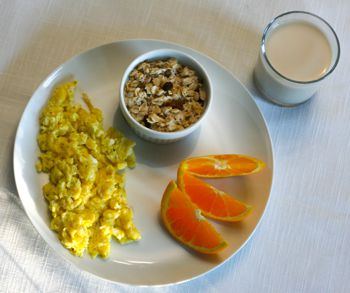
Three mornings a week my workout consists of intense weight training. On these mornings, I have a large breakfast. A protein, usually three eggs but sometimes sausage or even, gasp!, bacon combined with homemade muesli to avoid any sugars (My Sugarless Muesli Recipe: whole oats (not quick or steel cut), raisins, nuts (usually almonds or walnuts) and sunflower seeds), fresh fruit and a glass of unsweetened Almond or Cashew Milk or sometimes my second coffee of the day (with artificial sweetener – not sugar).
My breakfast. Really! This is from a non-workout morning. On mornings when I’ve done a weight workout before breakfast I’ll add another egg and about half again as much muesli. Typically I’ll drink coffee or the unsweetened cashew milk shown here. I seldom drink fruit juice due to the high caloric content.
I used to do cardio on the other two weekday mornings (I like to take weekends off) but lately I’ve been working out Tuesday and Thursday mid-afternoons for cardio. This is because my son is now 14 and wants to build a beach bod to impress the girls. It will likely work. He’s far better looking than I was at his age. So I pick him up from school at 3:15 and we go to the gym.
He lifts. I do martial arts practice, rowing and then some other form of cardio, such as stair climbing, elliptical training or running on the treadmill. This means that in the morning on these days, I eat the same things as I do on the other three days, I just eat less. After all, I haven’t worked out and my body is still waking up. It doesn’t need a calorie surplus. This translates to two eggs and about half the amount of muesli.
She Was Living with a Supermodel!
On all days, throughout the day my meals get gradually smaller. At dinner, I eat very little, so much so that when I first started eating like this years ago my wife commented to a friend that it ‘was like living with a supermodel. He doesn’t eat anything’. An exaggeration of course. Starving ourselves is unhealthy and will result in significant muscle loss. We need to keep the food coming in steadily in order to avoid the dreaded insulin spike that causes us to store fat (Why Does Our Body Store Fat?).
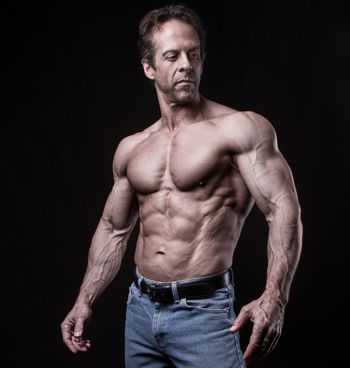
The point of all this is to underline the truth of the infographic this article started with. In order to achieve and maintain the body I have, I turned my eating habits upside down from what most people do, which is to eat successively larger meals throughout the day, then often snack after dinner. Instead, I have a large, healthy breakfast, then gradually reduce my portion sizes throughout the rest of the day. I eat dinner late afternoon or very early evening, then I don’t eat after dinner. It took some getting used to at first, but the results are well worth it.
As always, consult your physician before making any major changes to your diet.
This is me at 50. Keep in mind that I trained for months for this shot, and I’m not normally this lean, as maintaining this would be impossible, but this does demonstrate what my strategy of eating smaller meals throughout the day can achieve.
Will Dove
Latest posts by Will Dove (see all)
- Body Weight Training 2.0: Calisthenics - 22 Apr
- All About Protein Powders - 9 Apr
- Top 5 Fitness Trends for 2019 That You Should Try - 30 Mar
